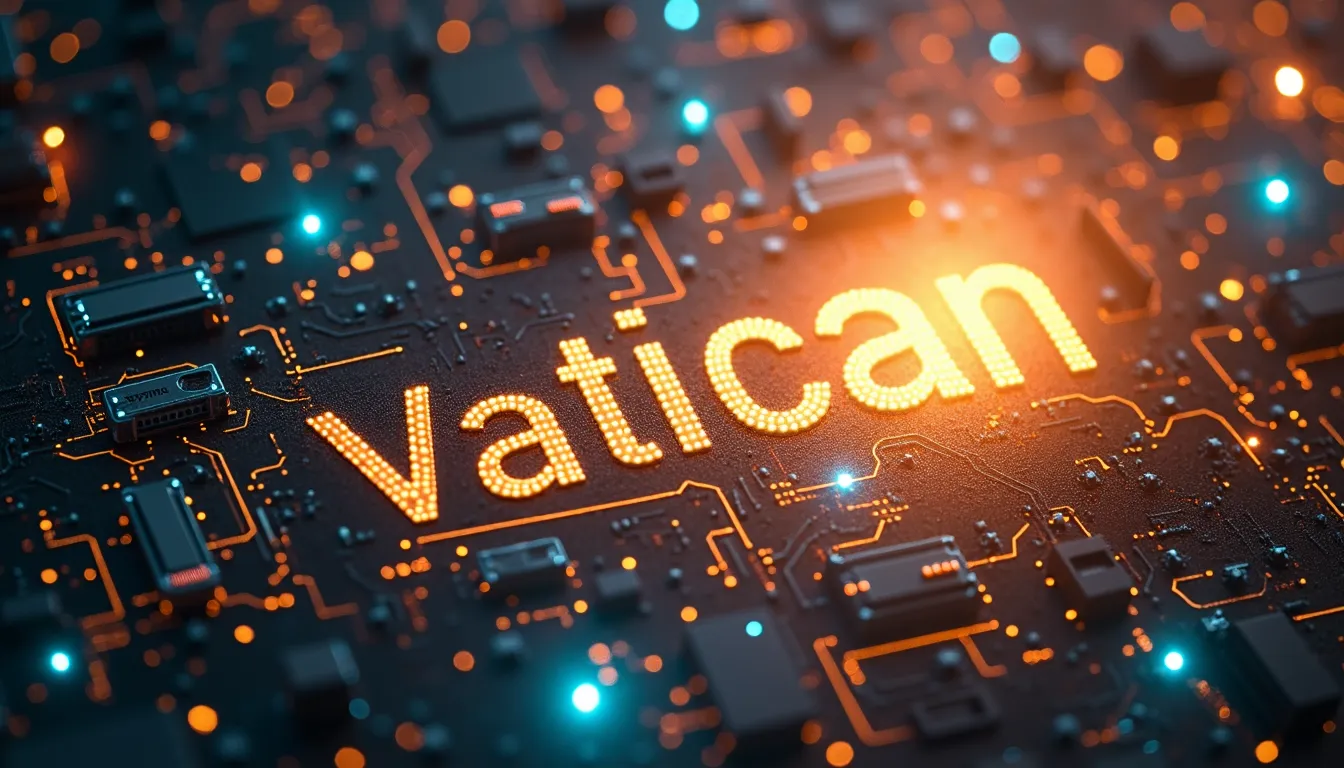Vatican City Implements AI Guidelines

In a significant move towards responsible technology governance, Vatican City State has established a clear framework for artificial intelligence (AI) development and use. These new guidelines, effective January 1, emphasize an ethical, transparent, and accountable approach to AI, aiming to support human dignity and individual rights.
The governor’s office remarked that these guidelines would function as a ‘compass’ to navigate future regulatory actions concerning AI technology. Additionally, a five-person AI commission will be formed to oversee the implementation of these guidelines, ensuring that technology serves humanity rather than replaces it.
The commission, led by the secretary-general of the governing office, will play a pivotal role in drafting proposed laws, offering expert opinions on AI system usage, and monitoring AI’s impact across various facets of society—including individuals, employment, and the environment. This structured approach shows a commitment to guiding technological innovation that aligns closely with social and ethical values.
At the core of these guidelines is the principle that technology should enhance human well-being without infringing on rights or dignity. The Vatican’s decree articulates a vision where AI acts as a resource for progress rather than a disruptive force in human affairs.
The guidelines also delineate specific prohibitions against AI practices that result in discrimination, harm, exclusion, or any actions undermining the integrity of the Catholic Church and the operations of Vatican entities. Workers across various sectors under the governor’s oversight, from healthcare to administrative operations, will now adhere to these ethical principles and operational practices.
Certain offices will receive tailored guidelines addressing their unique AI-related challenges. For example, any creative content produced using AI will be required to bear an AI label, and patients utilizing the Vatican’s healthcare services must be informed regarding any AI applications in their treatment.
In judicial proceedings, the Vatican has highlighted stringent limitations on AI application; it may assist only in organizing and simplifying research, while critical decision-making processes will remain the exclusive purview of human magistrates. This cautious stance invites support for human judgment amidst the rise of machine-based analysis.
The introduction of these guidelines is a progressive step that reflects an increasing awareness of the need for ethical frameworks in AI’s expanding role in society. As Vatican City works towards implementing comprehensive laws based on these principles throughout 2025, its approach may serve as a model for other organizations seeking to balance innovation with responsibility.